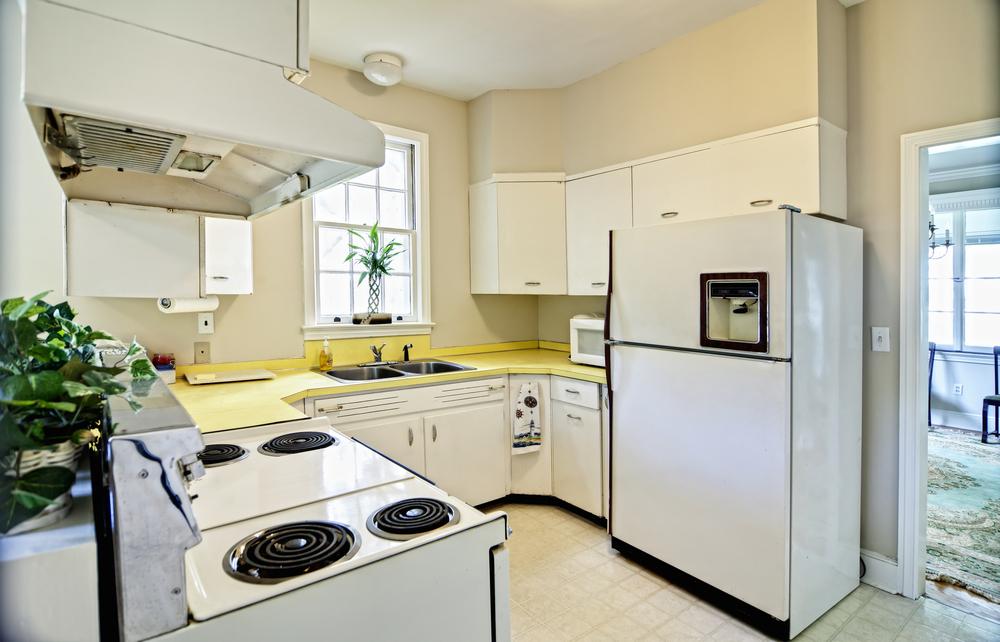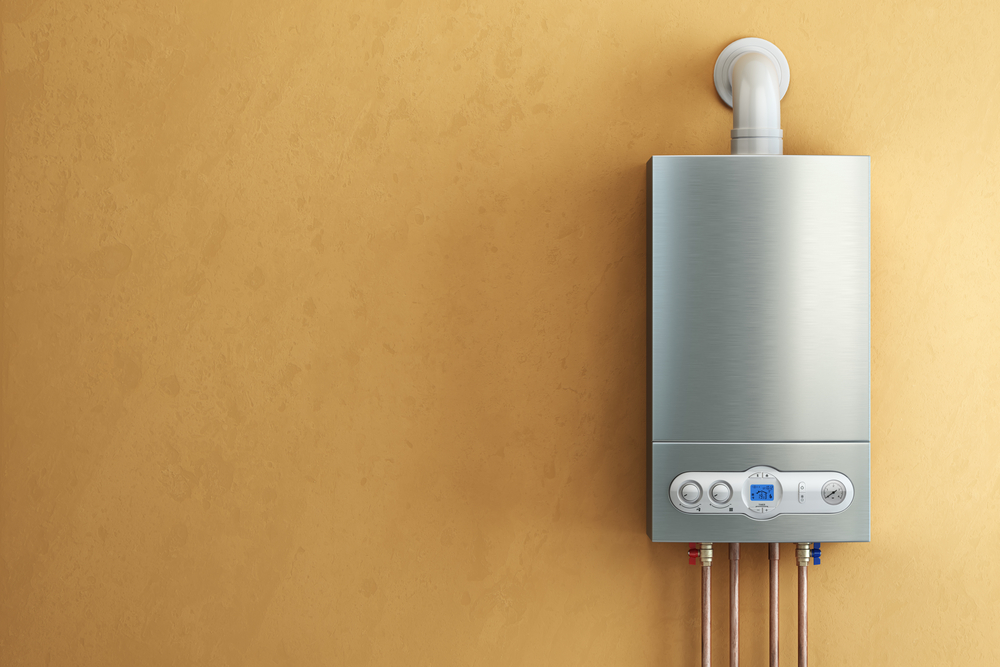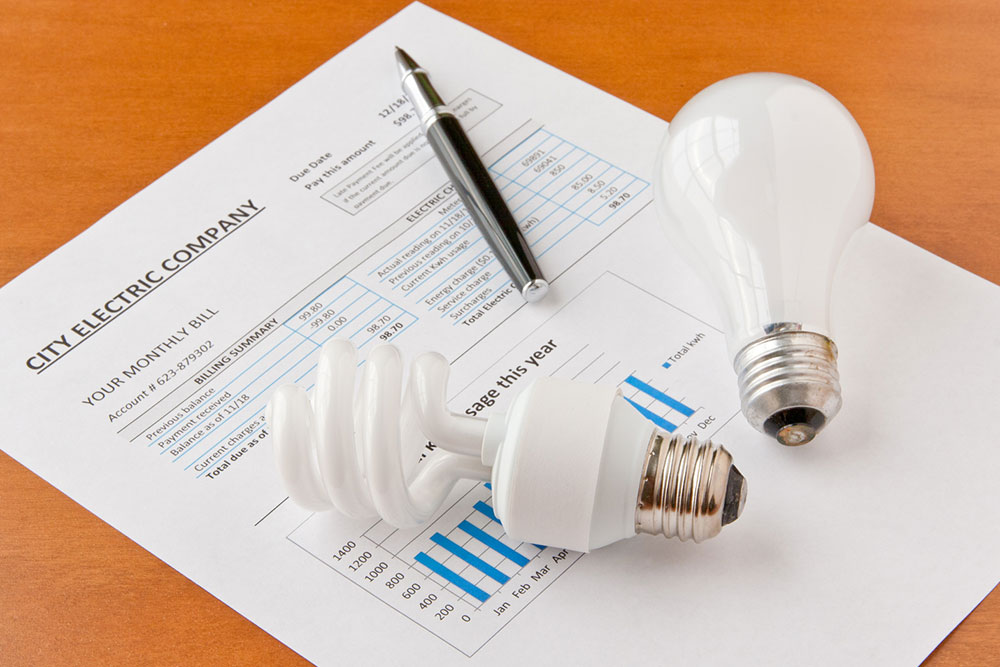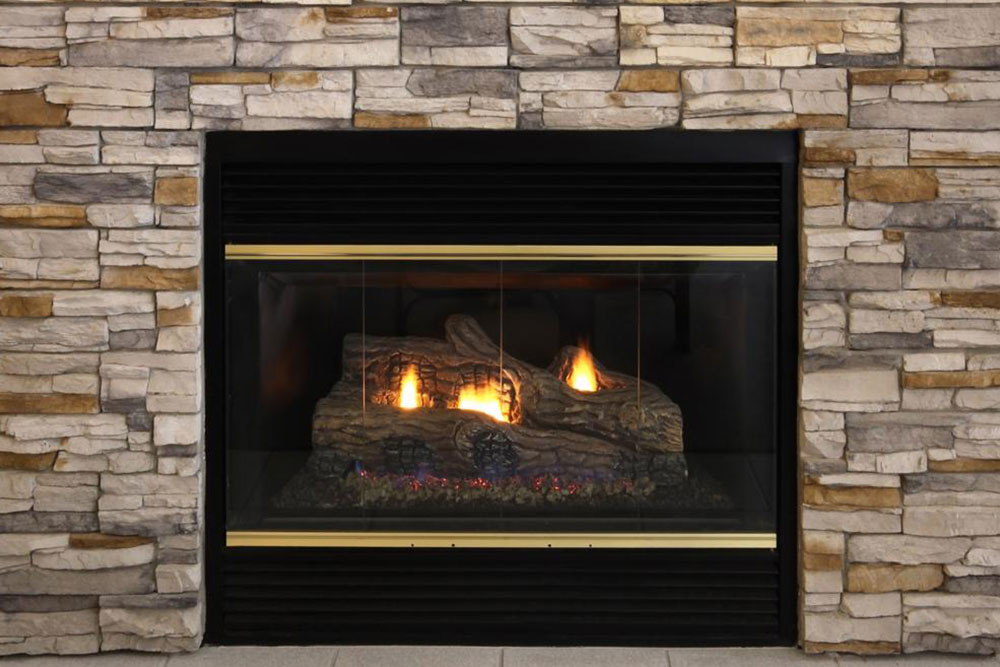Expert Advice to Prevent Common Air Conditioner Problems and Boost Efficiency
Discover expert tips to optimize your air conditioner's performance, prevent common mistakes, and save on energy costs. Learn about proper sizing, placement, maintenance routines, and usage habits to ensure your AC operates efficiently and lasts longer. This comprehensive guide is essential for homeowners and businesses seeking reliable cooling solutions and long-term savings.
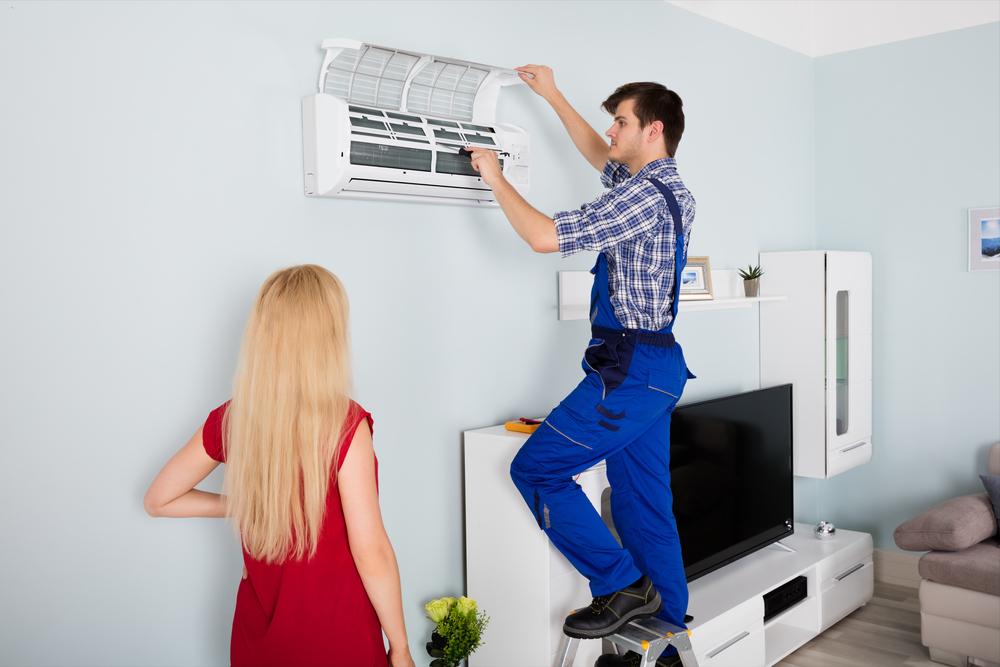
Expert Advice to Prevent Common Air Conditioner Problems and Boost Efficiency
In our modern lifestyles, air conditioning units have become indispensable for maintaining a comfortable indoor environment, especially during the sweltering summer months. With global temperatures steadily climbing and heatwaves becoming more frequent, having a reliable and efficient air conditioner is more important than ever. The market offers a wide variety of models equipped with innovative features, energy-saving technologies, and attractive discounts, making it easier for consumers to select the ideal cooling solution. However, simply purchasing an AC is not enough; proper operation, regular maintenance, and awareness of common pitfalls are critical to ensure your unit remains effective over time.
Many homeowners and office managers overlook essential maintenance routines and fall into habits that can significantly impair the performance of their air conditioning systems. These mistakes can lead to increased energy bills, insufficient cooling, reduced lifespan of the unit, and costly repairs. The good news is that most issues stem from easily avoidable behaviors. By understanding and implementing best practices, you can maximize your AC's efficiency, extend its service life, and enjoy consistent comfort without breaking the bank.
This comprehensive guide covers fundamental tips to help you prevent common mistakes associated with AC usage and maintenance. Whether you’re a new buyer or a seasoned user, these insights will ensure you are making the most of your cooling system while avoiding costly errors.
Proper Sizing and Placement of Your AC
Select the Correct Size: One of the most overlooked factors is choosing an appropriately sized air conditioner. An oversized AC can cool the room too quickly, leading to frequent on-off cycles, which stresses the compressor and reduces overall efficiency. Moreover, an oversized unit can cause humidity issues and uneven temperature distribution. Conversely, a unit that is too small will struggle to cool the space, leading to constant operation that consumes excess energy. To determine the right size, consider factors such as room dimensions, ceiling height, insulation quality, window placement, and sun exposure. Consulting a professional for proper sizing ensures optimal comfort and energy efficiency.
Optimal Placement: Installing the unit in a location where airflow is unobstructed is crucial. Avoid surrounding the AC with heavy curtains, furniture, or decorative objects that can block ducted or grille vents. Blocked airflow hampers the cooling process, forces the system to work harder, and accelerates wear and tear. Placing the AC away from direct sunlight or heat-emitting devices increases efficiency by reducing external heat load. Additionally, positioning the outdoor unit in a shaded, well-ventilated spot prevents overheating and promotes better heat exchange.
Regular Maintenance and Cleaning
Scheduled Servicing: Routine maintenance is vital for keeping your AC in peak condition. A professional service inspection every two months, or at least bi-annually, can identify issues early before they escalate. During servicing, technicians often clean or replace filters, check refrigerant levels, inspect electrical connections, and lubricate moving parts. These steps help prevent dust accumulation, mechanical failures, and refrigerant leaks, all of which can reduce efficiency and increase operational costs.
Filter Cleaning and Replacement: Clogged or dirty filters restrict airflow, diminish cooling capacity, and reduce indoor air quality. Clean reusable filters every few weeks, especially during peak use, or replace disposable filters regularly. Good air quality not only enhances comfort but also prolongs the lifespan of the unit.
Optimal Usage Practices
Temperature Settings: Setting the thermostat to the lowest possible temperature isn’t always the most energy-efficient choice. For most indoor environments, setting the thermostat between 23°C to 26°C (73°F to 78°F) balances comfort and energy savings. A temperature just below room temperature helps cool the space adequately without excessive energy consumption.
Avoid External Heat Sources: Keep lamps, electronic devices, and other objects that emit heat away from the thermostat. External heat sources can lead to inaccurate temperature readings, causing the AC to run longer than necessary.
Complement with Fans: Using ceiling or portable fans alongside the AC promotes better air circulation. Fans help distribute the cooled air evenly throughout the room, reducing the workload on the AC system. This combined approach saves energy and enhances comfort.
Energy Efficiency and Cost Savings
Smart Usage: Utilize timers and programmable thermostats to schedule cooling during peak hours and avoid unnecessary operation when the space is unoccupied. Modern smart thermostats can learn your habits and adjust settings accordingly, maximizing efficiency.
Seal Leaks and Insulate: Ensure windows and doors are properly sealed to prevent cool air from escaping and hot air from entering. Adequate insulation prevents temperature fluctuations, reducing the need for constant cooling.
By adhering to these fundamental principles, you can significantly enhance your air conditioner's performance, reduce energy consumption, and ensure a comfortable indoor climate year-round. Regular upkeep and mindful operation not only extend the lifespan of your AC but also result in noticeable savings on electricity bills and maintenance costs. Remember, an air conditioner is an investment — taking good care of it ensures you enjoy its benefits for many years to come, providing reliable cooling while helping you save money and reduce your environmental impact.
